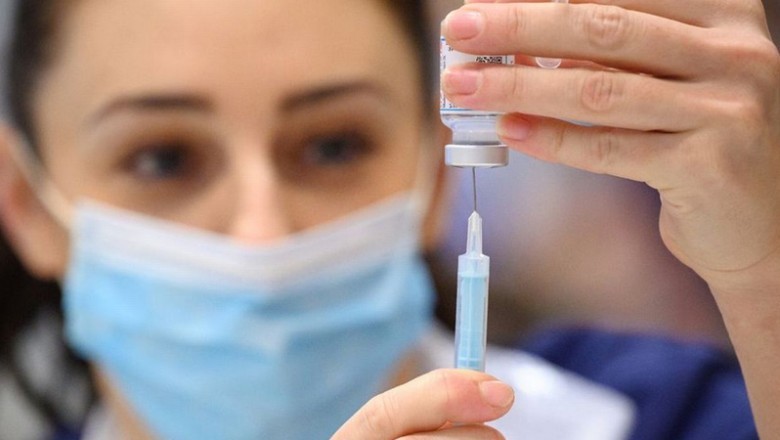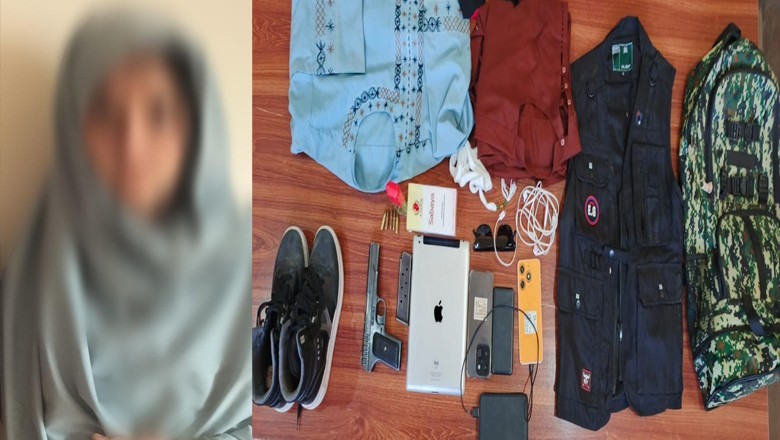Vaccines for cancer, heart diseases to be available by 2030

|
4 Aug 2023
According to The Guardian, a leading pharmaceutical firm says it is confident that jabs for cancer, cardiovascular and autoimmune diseases, and other conditions will be ready by 2030.
Ongoing studies on the subject have been offering promising results as researchers noted that the efforts taking the time of at least 15 years have been shortened to 12 to 18 months. It is all because of the COVID-19 vaccines.
Paul Burton, the chief medical officer of pharmaceutical company Moderna, said he believes the firm will be able to offer such treatments for “all sorts of disease areas” in as little as five years.
The firm, which created a leading coronavirus vaccine, is developing cancer vaccines that target different tumour types.
Burton said: “We will have that vaccine and it will be highly effective, and it will save many hundreds of thousands if not millions of lives. I think we will be able to offer personalised cancer vaccines against multiple different tumour types to people around the world.”
He also said multiple respiratory infections could be covered by a single injection — allowing vulnerable people to be protected against Covid, flu and respiratory syncytial virus (RSV) — while mRNA therapies could be available for rare diseases for which there are currently no drugs, the report stated.
Therapies based on mRNA work by teaching cells how to make a protein that triggers the body’s immune response against disease.
The mRNA molecule instructs cells to make proteins. By injecting a synthetic form, cells can pump out proteins we want our immune system to strike.
An mRNA-based cancer vaccine would alert the immune system to a cancer that is already growing in a patient’s body, so it can attack and destroy it, without destroying healthy cells.
This involves identifying protein fragments on the surface of cancer cells that are not present on healthy cells – and which are most likely to trigger an immune response – and then creating pieces of mRNA that will instruct the body on how to manufacture them.
First, doctors take a biopsy of a patient’s tumour and send it to a lab, where its genetic material is sequenced to identify mutations that aren’t present in healthy cells.
A machine learning algorithm then identifies which of these mutations are responsible for driving the cancer’s growth.
Over time, the report further said, it also learns which parts of the abnormal proteins these mutations encode are most likely to trigger an immune response. Then, mRNAs for the most promising antigens are manufactured and packaged into a personalised vaccine.












Comments
0 comment